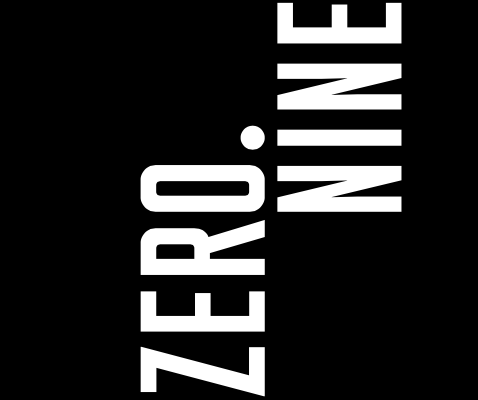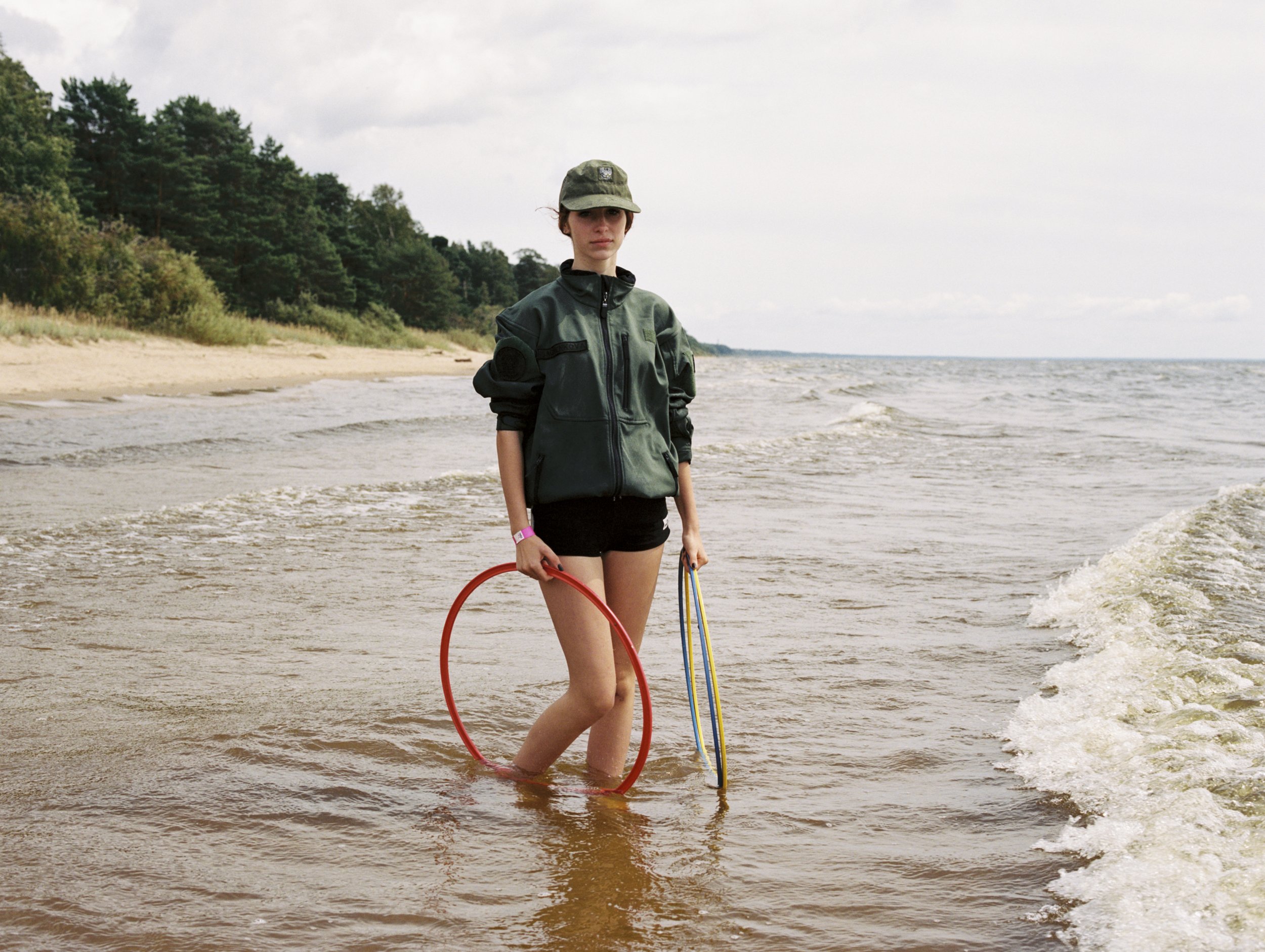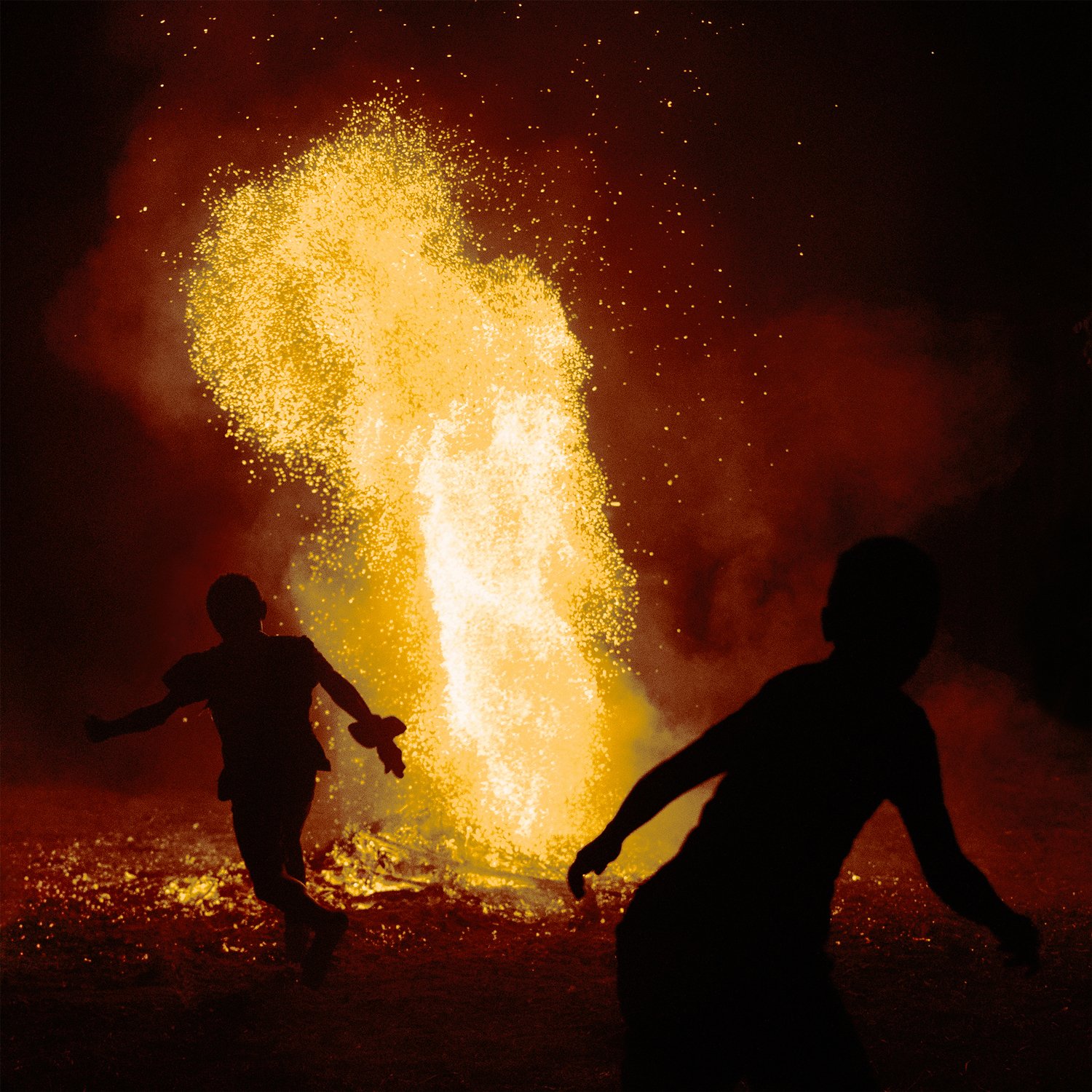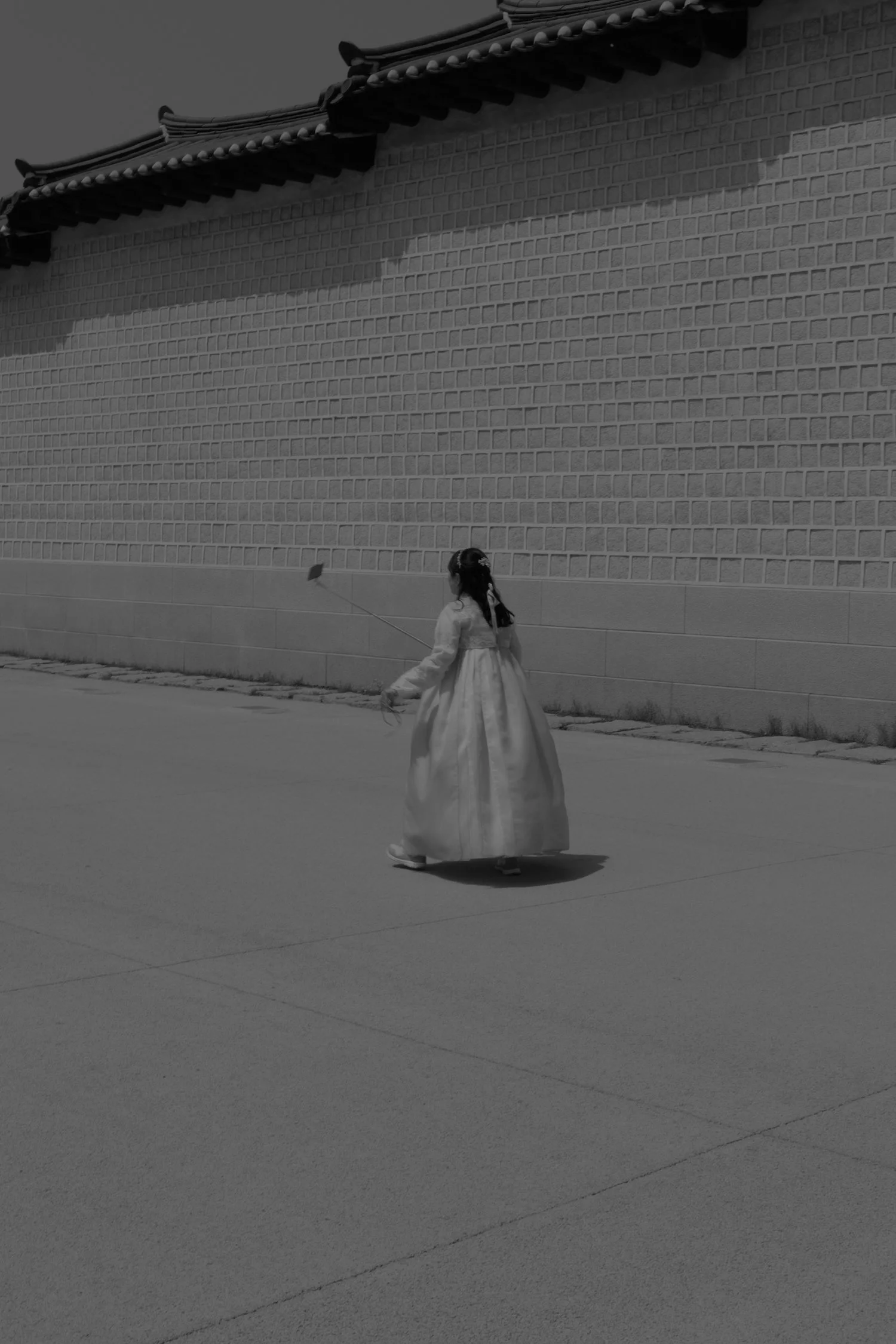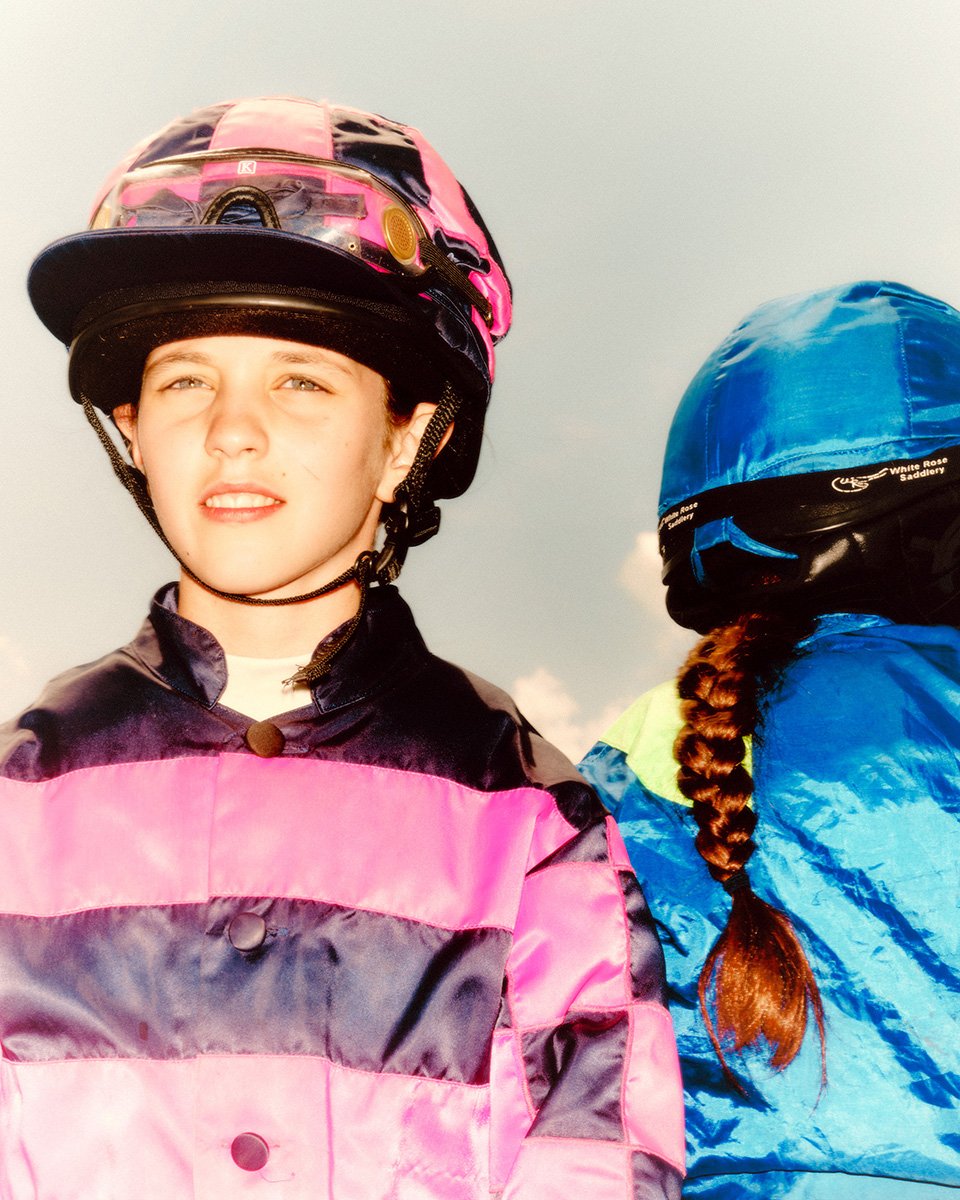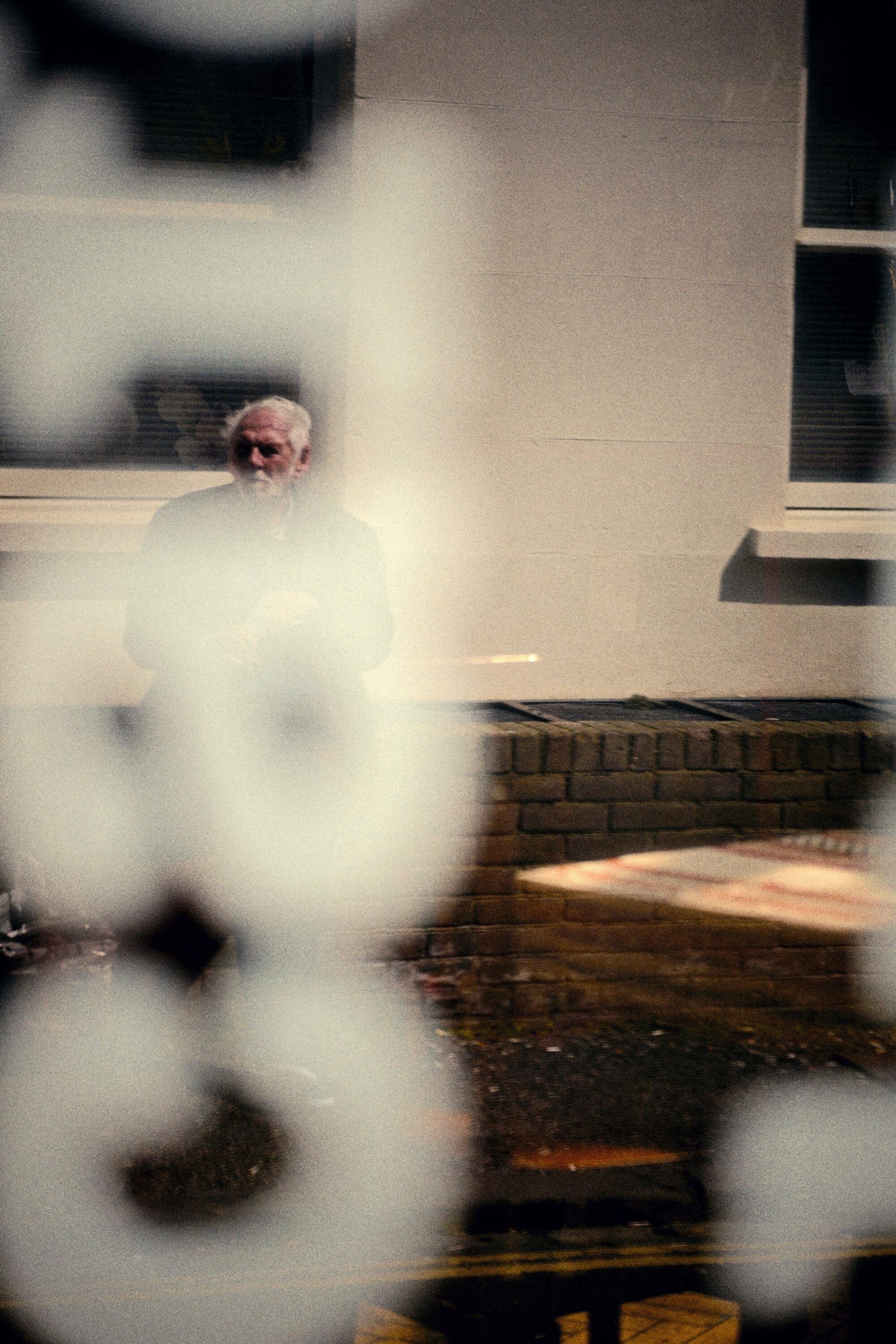On the radar: Darwin Studio
Ethical, inclusive and diverse – these are the foundations of new photography agency Darwin Studio. We sat down with founder Harry Rose to find out more about his mission to bring a fresh view to the industry and how he approaches the complex business of buying and commissioning creative work.
All photographers represented by Darwin Studio‘Untitled’ by Karabo Mooki
Hi Harry, thanks for chatting today with us. In 2011 you started Darwin Magazine. Can you briefly tell us about the magazine and what you have been doing?
Darwin was founded in 2011 between myself and another photography student, we were both at Uni, he was a year above but also studying photography, and we just wanted to get into doing publishing, design, image layout and storytelling. The most fulfilling thing for me is being behind the scenes, helping things making happen for photographers whether that’s curating, editing, publishing magazines or commissioning new work.
Darwin Magazine was one of the first magazines that kind of started the big tide of self-published photography platforms and magazines. You see a lot of them now, but when we started it was really only us and a few others out there trying to make things happen. We were really proud how we positioned it, what the voice was, and the content we shared. We published seven printed issues, decent size with up to 200 pages. We had a big audience and the magazine sold out every issue but when I graduated I realised that I needed money and wanted to gain experience working in the creative industry. So Darwin became dormant for a while. I started working in various places, for photographers, studios and some galleries and then went over over to the British Journal of Photography (BJP) where I launched Studio 1854 (creative agency) with a colleague. We were basically pitching the idea to people – “Hey, we are the British Journal of Photography and we can help to commission amazing photography and tell amazing brand stories.” I had zero experience with this and BJP had never done it before so we were breaking new ground and I was trusted to help steer the studio in a healthy direction. I managed to land campaigns with Lucasfilm, Visit California, Adobe to name a few.
“The pay-to-play mentality to get access put me off a lot of stuff in the photography world.”
Things changed and Studio 1854 became more about boosting membership numbers with the selling point that paying members could enter commissions and if you weren’t paying, you couldn’t pitch your work. The pay-to-play mentality to get access put me off a lot of stuff in the photography world, but that's not just BJP – it’s everywhere. That's how these big companies seem to survive, it’s a business model and I am not saying businesses are bad for doing it but what about the people who can't afford it? What about people who are struggling to make ends meet, but they're shooting incredible stories? They're not born into wealthy families, they have not gotten those connection. I don’t think it’s morally fair to price photographers out of opportunities. I have always been celebrating and sticking up for people who are really talented and creative, but don't have the means to make those connections. It’s in my DNA as a queer kid growing up in a very heteronormative society and not having any kind of queer references where I grew up and not really having anything to latch on to – it’s just been a part of me since forever. I've never been afraid to shout about something and say something, because if it falls on me fine, I can recover.
Valdeluz by Alex Ingram
You recently started Darwin Studio – a photography agency. What inspired this move to open your own agency?
I left BJP and then went on to work for another photography agency where I did some interesting things for them. Then I launched another photography agency for someone else who wanted to launch one and needed someone who had experience both setting up an agency model and working at one. I came up with the contracts, got all the photographers signed. I did all the heavy lifting. I got to a point where thought, if I can make BJP and other places money, and I can get some other photographers some cash paid work, then I want do it myself. So I set out to create a new agency that was trying new things. There were some photographers who I initially knew I was going to work with, Alex Ingram for example. I've known him for quite a long time and we’ve supported one another through the highs and lows of being in the photo industry. So he was an easy person to sign and then a few others I knew about. And then others I didn't know, who I found through research and I was able to put together a great group of photographers. Some of them shot a lot of editorial work, some of them haven't shot any commercial or editorial work. That's kind of what I wanted, I didn't want to be that person who only goes and picks photographers who got like 50k+ followers on Instagram, or shot loads of stuff. I wanted to build something where everyone was really hungry and was really passionate. And that's kind of where we are now, an agency with incredibly talented photographers who know their craft.
”One thing that is really important to me is that when we say we're ethical, diverse and inclusive, we mean it, and we do it and we act upon it.”
What would you say makes Darwin Studio different from other photography agencies?
Are there many young queer photo agency founders out there? The agency world and a lot of the world in general, is set up and run by straight cis men and women. I’m also a photographer myself who has worked on commissions for clients. I’ve been on almost every side of the process from client, agent, photographer, producer and media partner so there’s a real lived knowledge and experience behind how we work and what we offer clients. Darwin Studio doesn’t only offer clients the opportunity to work with our talents, we offer creative strategy and consultancy as well to provide that extra level of support and creative guidance. One thing that is really important to me is that when we say we're ethical, diverse and inclusive, we mean it, and we do it and we act upon it. More recently we’ve included image descriptions under our images to ensure people with visual impairments can also access and enjoy the photography. It’s a firm believe of mine that photography should be accessible to everyone. We recently supported a group of young Black photographers working in South Africa, who came forward regarding an exploitive and unethical issue regarding payment and rights from a local agency in South Africa. In the end we walked away from the localised campaign with the agency, but that was the right call. You can’t say yes if your talent isn’t being respected.
From the ongoing series Synchronised Swimming by Eva Watkins
I was actually wondering if there are clients you would reject ? You re still a young agency but would you say that you specialise in a specific area, industry or type of work?
I would never say flat out “No!” to anyone. I would always entertain a conversation and find out what it is they're doing, and keep myself open. My mentality is kind of, well either you help steer that ship and be part of the change and do some incredible storytelling that is authentic and genuine, or you step away and always point a negative finger. A lot of companies are turning to zero carbon for example and others reforming their internal team to be more inclusive and source their products in a more sustainable way. Being part of those stories and visualising them is really important to me as an agent and human being. We are very aware of optics and we are very aware of wanting to work with people who are genuine and passionate and care about storytelling and working with exciting talent.
“Darwin Studio doesn’t only offer clients the opportunity to work with our talents, we offer creative strategy and consultancy as well to provide that extra level of support and creative guidance.”
Do you mainly work in the UK or do you work internationally?
We've got photographers in Europe, South Africa, and Canada and three in the UK. I'm very much used to having to work to someone else's daylight hours, getting up and working until like two in the morning just to get meetings done. So yeah, we're very much a global agency.
How many artists are currently representing?
We've got six at the moment, which is a really a big number for one person to manage. Those six were really picked specifically. Some of them were picked because I saw one image and was like “Wow!” That’s sometimes all you need as a photographer – that one incredible image to open up a conversation. So yeah, it’s six photographers (at the moment) and it’s a gender split, which is what we always wanted.
Ommy by Ruth Baldry
Ziming by Hao Nguyen
Are you still looking for more photographers?
I get a lot of emails daily from more photographers wanting representation. I always try to be supportive but I also have to have my business hat on and really think who’s right for the agency and who can add something. I am currently speaking to a few photographers and exploring what they want to achieve from working together from different parts of the world. Offering our clients a chance to create work almost anywhere is something I’m excited by.
How do you get in touch with the people who commissioned the photography? How do you hear about new briefs and potential jobs? Do they come to you or you come to them, how does that work?
A lot of is going in cold. I use LinkedIn, for example, to find out the right people the roles and I work out their email format, and then I send them a personalised email. I've got quite a large database of contacts I've built over the years and I keep if fresh and updated every few weeks or so. A lot of it at the moment is kind of introducing Darwin Studio so they know we exist. We've already had a few jobs come in from that initial hello email. I also asked all our photographers to give me a wish list of dream clients and then also clients that should be working with them because their work aligns really nicely. So there's a lot of collaboration with the artists we represent to ensure we’re approaching the people they really want to work with.
Thank you so much and all the best for Darwin Studio!
Gijs Parker by Sara Meinz
